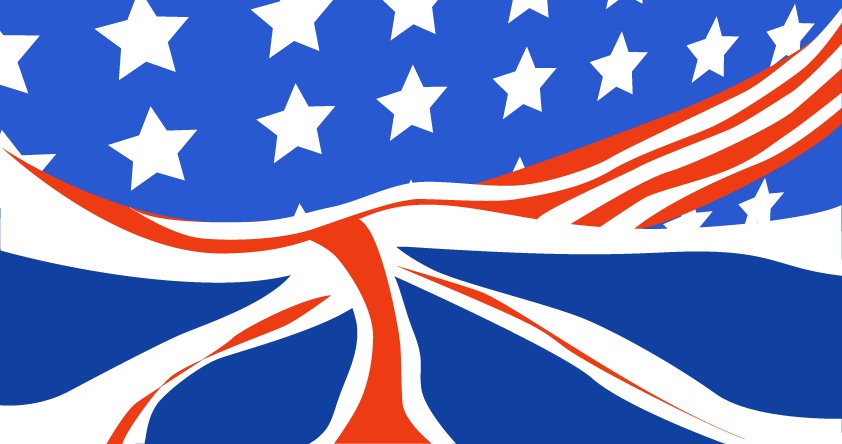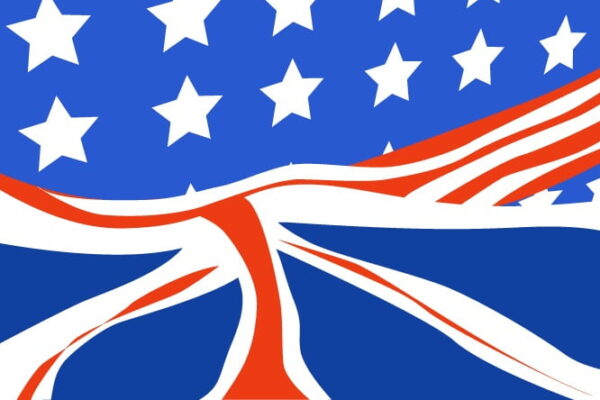
Churchill famously said that the US and Great Britain are two countries separated by a common language. Arguably TV and movies may have bridged the divide a bit, but nuances of language and spelling are not the only things that differentiate us; something I was aware of when reading Marc Galanter & colleagues’ paper on the construct of ‘God’ in 12 step recovery settings.
The first thing in the paper that struck me was the percentage of the general American population who believe in God (89% vs 60% in the UK). In the study population (450 US Narcotics Anonymous members), this God belief was slightly higher still (91%). Now I don’t know for certain, but I’m pretty sure that figure would be much lower here in the UK.
The question might be forming in your mind as you read this – so what? Well, in my experience here in Scotland, one of the commonest reasons that professionals are reluctant to refer into AA, NA or CA is that ‘God’ word. Indeed many patients here are also hesitant or downright opposed for the same reason. If you have a population where belief in God is much lower, the odds are there will be more resistance.
There is reason to be much more hopeful, however, as this paper shows. In a nutshell, the authors (big names in recovery research) recruited the NA members through cooperation with meeting organisers across 34 meetings in 9 separate states. The the vast majority of meetings attenders completed the survey forms.
It turned out that ‘belief in God’ was more nuanced than might initially have been thought. Less than half of the NA members surveyed actually defined ‘God’ as explicitly ‘God’, if you see what I mean, and slightly more than half believed in some other entity. About 1% in one section of the survey identified as atheist, though in another section 17.4% said they were agnostic and 3.5% said they were atheist. I read this as some fluidity in definition and belief.
The authors looked at the relationship between what they called ‘antecedent 12-step items’ (things like how many steps had been worked, whether a life had been ‘turned over to God’ etc.) and symptoms of craving and depression. The findings were in line with previous research that showed an inverse relationship between these negative symptoms associated with addiction and with spirituality.
What was interesting, if I’m reading this correctly, was the finding that it didn’t matter if you explicitly believed in God, believed in some other entity or didn’t believe in God at all – the association with improved symptoms was still there.
The authors said:
The finding that there was no difference in certain key variables across respondents suggests a broad bandwidth of tolerance and accommodation to varying viewpoints.
What this means is that there’s plenty of evidence in flexibility of belief in Narcotics Anonymous. This can give referrers a bit of reassurance. With the recent Cochrane review of the evidence for the impact of getting people along to Alcoholics Anonymous (at least as effective as other evidence-based interventions), then all of us working with people seeking recovery can have confidence that a breadth of perspectives and beliefs can be accommodated in 12-step mutual aid groups.
The authors also say:
The cost-free resource of 12 Step groups may be potentially useful to clinicians as adjuncts to care if they can assure their patients that there is a diversity of options in how members define God, particularly given the growth of secular wings within 12 Step fellowships created by and for atheists
Many clinicians may therefore be making less use of 12 Step groups than they might, witness the fact that 65% of the respondents had been hospitalized for SUDs, but only 37% of them had been referred to NA by a health-care professional.
And then:
The cost-free resource of 12 Step groups may be potentially useful to clinicians as adjuncts to care if they can assure their patients that there is a diversity of options in how members define God, particularly given the growth of secular wings within 12 Step fellowships created by and for atheists
It seems that even for us heathen Brits, there is hope.
